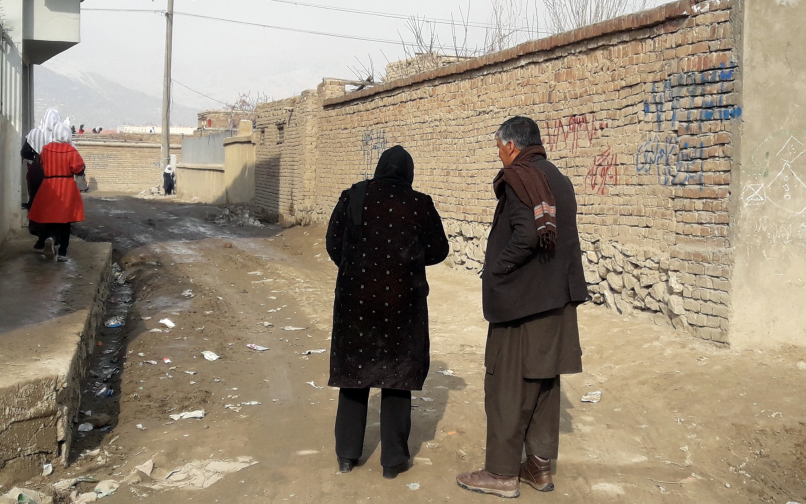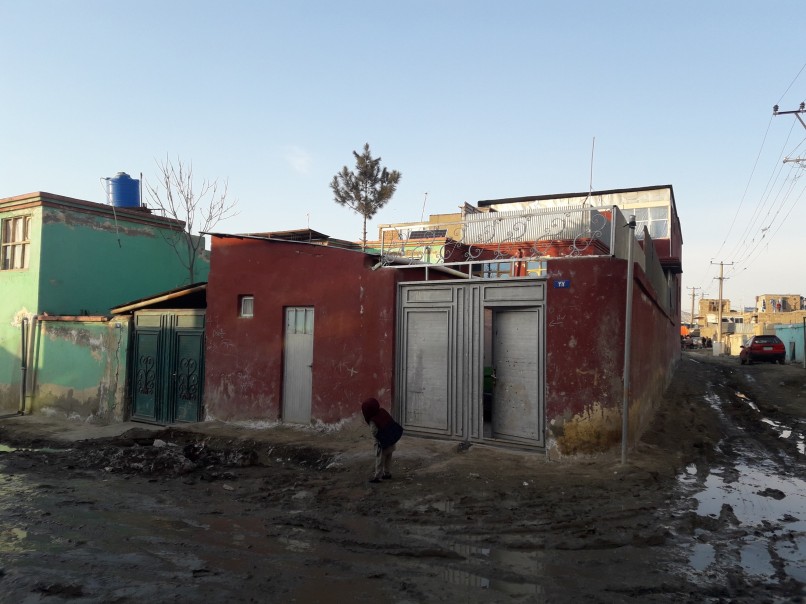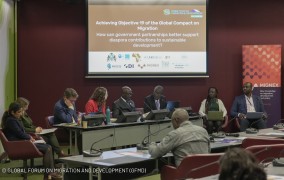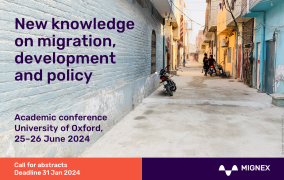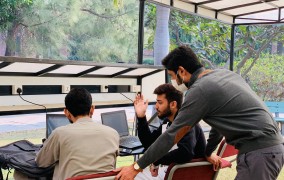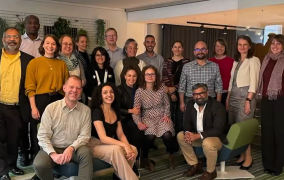News
Three (more) lessons from pilot fieldwork in Kabul
Pilot fieldwork in Afghanistan highlighted key contextual specificities that will give us much to think about in the post-pilot phase.
Conducting fieldwork in Afghanistan can present a unique set of challenges, as the practicalities of fieldwork planning are framed by an unpredictable security context and strong conservative cultural norms. In late February, as Kabul found itself at the end of a harsh winter and on the cusp of spring, our research teams tested the MIGNEX survey in the capital city, Kabul.
Sensitivities to questions
Pilot fieldwork in Kabul revealed unique sensitivities to survey questions. Whereas in Cabo Verde and Ghana questions related to food security and financial situations proved delicate, these were unproblematic during the Afghan pilot. Instead, questions related to religion and the role of religion in daily life formed the main source of discomfort. Additional sensitive questions had a gender dimension, as women happily shared the ages of their daughters and the status of their spouse to female enumerators, but men bristled at questions about their female relatives posed by male enumerators.
Gender considerations and the intimacy of fieldwork
Gender dynamics also played a key role in the practical organisation of fieldwork. In the Afghan context, women can interview both male and female participants, but respondents are generally more comfortable when interviews are separated by gender. While a mixed gender team of enumerators ensured that a diverse set of participants was interviewed, the experience of these interviews was different for men and women.
By accompaning one of our female team members on her interview rounds, the intimate nature of field research was made clear. We were invited into bedrooms, served countless glasses of tea, and introduced to the babies, children, and other women of the households. We were also asked questions about our own lives and work as researchers (and, in my case, as a foreigner).
The intimacy of these interactions put into sharp relief our responsibility vis a vis the families we speak to. It also opens doors, and broadens the range of conversations, that female enumerators can have on the topic of migration and development. This can inform our trainings, empowering female staff to record more stories and narratives as part of the upcoming qualitative fieldwork in all the MIGNEX countries of study.
Sampling is a common challenge
As in Cabo Verde, sampling presented a key challenge in implementing the pilot. Field teams struggled to follow random start points and to stay within clusters identified at the mapping stage. In some cases, the materiality of the real world brought the mapping ideal to a stop, as we discovered some newly constructed buildings that were empty and start points that were hard to find. This will continue to give us food for thought as we discuss and compare these lessons from Cabo Verde, Ghana, and Afghanistan in the months to come!
